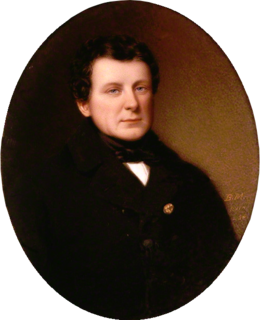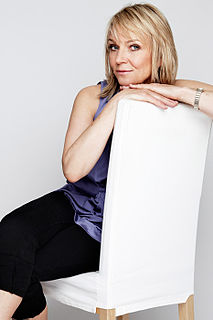A Quote by Jane Austen
But are they all horrid, are you sure they are all horrid? [Referring to Gothic novels, fashionable in England at the beginning of the 19th century, but frowned upon in polite society.]
Related Quotes
It is amazing how complete is the delusion that beauty is goodness. A handsome woman talks nonsense, you listen and hear not nonsense but cleverness. She says and does horrid things, and you see only charm. And if a handsome woman does not say stupid or horrid things, you at once persuade yourself that she is wonderfully clever and moral.
As I started reading about it, I saw that at the beginning of the 19th century, outside of New England - which was an unusually literate place - practically no one could read or write. And even in New England, the overall rate was only about 60 percent. That still means four out of 10 people couldn't put their name to a will.
The Anglo-American tradition is much more linear than the European tradition. If you think about writers like Borges, Calvino, Perec or Marquez, they're not bound in the same sort of way. They don't come out of the classic 19th-century novel, which is where all the problems start. 19th-century novels are fabulous and we should all read them, but we shouldn't write them.
I dare say it is rather hard to be a rat,” she mused. “Nobody likes you. People jump and run away and scream out: ‘Oh, a horrid rat!’ I shouldn’t like people to scream and jump and say: ‘Oh, a horrid Sara!’ the moment they saw me, and set traps for me, and pretend they were dinner. It’s so different to be a sparrow. But nobody asked this rat if he wanted to be a rat when he was made. Nobody said: ‘Wouldn’t you rather be a sparrow?
In the beginning of the 19th century, maybe forty percent of women and fifty percent of men could produce a signature, which meant that they'd had at least three years of education because it was in third grade that people started penmanship in the 19th century. And of course black people could get killed if they got caught teaching themselves to read in some parts of the country.
I'd signed up not just for Christianity but the established Church of England. That has a particular history and I think we rather lost it in the 19th Century, we became so much part of empire and colonialism, the language of the Church Of England still reflects that Victorian time. As the 20th Century developed, not surprisingly people left the church and I can see the church's role in losing people.






































